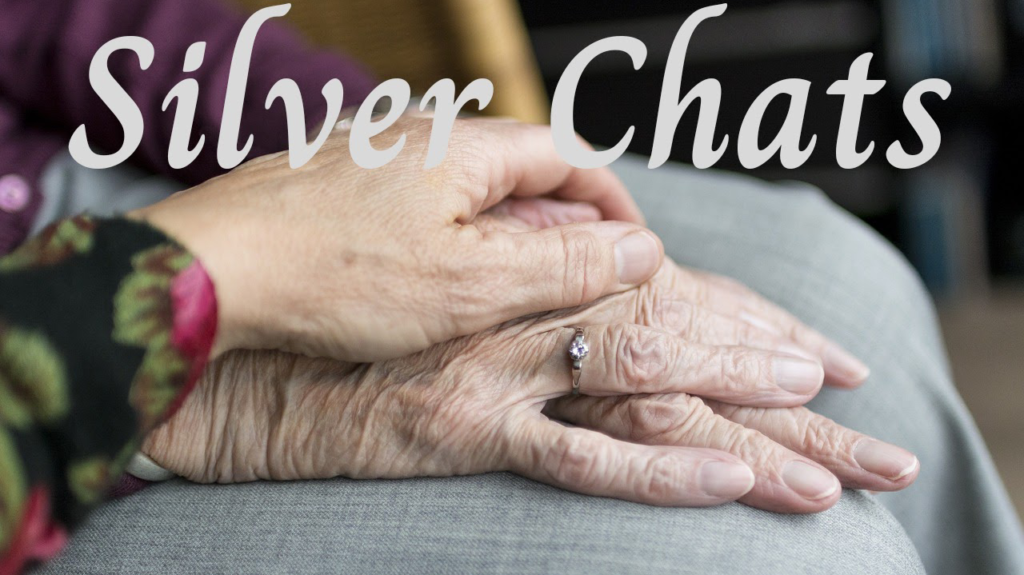Most of us are baby boomers. Our core values were built in a time of social change, economic prosperity, and the dawn of technology. We learned to have a strong work ethic and many of us became “workaholics”. We stand stoic in our beliefs of individualism and tradition. These characteristics have served us well in building our lives but not so much as we age.
Over the first two-thirds of our lives we were busy maturing; acquiring an education, building careers, growing families, and accumulating things we thought were important to own. We were busy with life and few of us gave much thought to growing older; except for that financial retirement plan. Most of the advice we received was in the form of securing a financial future, virtually no discussion revolved around the mental challenges accompanying the process called aging.
As our homes emptied of children, our careers wound down, and we became complacent in learning and adapting; life changed. We suddenly realized we didn’t need the big house any longer, the focal point of family gatherings became our children’s homes. We were no longer needed in the same capacity in our family or our jobs. Our expertise became outdated and our advice was unwelcomed. Friends moved away or became ill. Our social circles began to grow smaller, and what we had learned to depend on, no longer applied.
When my last child no longer lived at home I cried for months and was filled with despair. I lacked purpose and direction. I was lost, and lonely, and had no idea how to fill the deep void. These truths exist whether you are the CEO of a large company or a worker bee.
Aging transcends ethnicity, gender, class, and religious belief. It happens to everyone, everywhere. Yet, given its universal certainty, we focus most of our social discussions and energy on the young. I don’t remember one time before entering my 60s hearing a mainstream discussion about depression, anxiety, bipolar, or declining cognitive abilities. Dementia and Alzheimer’s were the only subjects that garnered any news and were worthy of attention. Although these are serious mental illnesses that need to be recognized and confronted, there are many more subtle, yet just as important, challenges facing us as we progress in our journey into aging.
Depression, loneliness, despair, confusion, low self-esteem, poor decision-making, lack of focus and direction, alcoholism, substance abuse, and anger are all normal mental struggles associated with growing older. We all experience them, but we don’t talk about them with family, friends, or medical providers. Those baby boomer characteristics we developed are now no longer working for us, but against us.
Depression is the number one mental hurdle for most of us. When your whole life has changed from home to family to career to physical changes, depression, and anxiety are common symptoms. Even if we never had issues in our younger years, as we age, at least one in four of us will experience it, along with anxiety, isolation, and psychosis. The normal aging process brings declines in certain cognitive abilities, such as memory and language. I forget where I lay things down or why I’ve entered a room quite often. It’s normal. Given that WHO predicts the population over 60 will double in the next 30 years and that 20% of those will suffer from mental disorders, discussions need to happen sooner rather than later. That fact is exacerbated considering mental health services for older adults are extremely limited in the United States.
As we age, we need to become aware of sadness, loss of interest, low energy, changes in appetite, changes in sleep patterns, and lower personal hygiene standards as signs of possible depression. We need to recognize these symptoms, acknowledge them, and learn when to ask for help. There are varied coping mechanisms from medications, to therapy, to lifestyle changes and alternative medicine. Unfortunately, mental illness is underdiagnosed in our age group and oftentimes goes untreated.
Silver Chats can offer resources, advice, and tips on how to recognize and treat common mental struggles associated with aging. We hope to offer information that will bring greater understanding and the knowledge needed to make healthy changes in your life. Learning to recognize the signs, and where to seek help, along with making lifestyle changes and alternative medicine solutions can provide a positive holistic approach to aging mental well-being.
Join us! Let’s talk!

One response to “HOLISTIC AGING AND MENTAL WELL-BEING”
This is so true. I am so happy to have a site that will address these important issues!